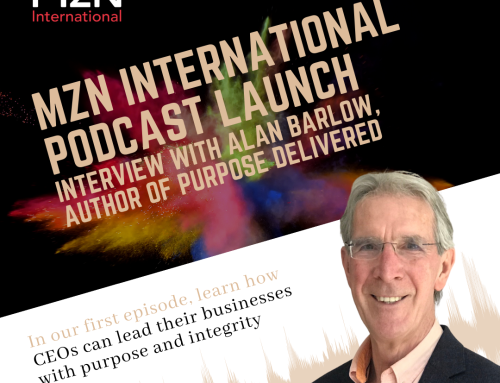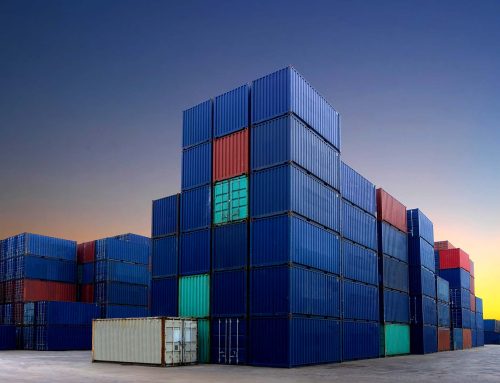Consumers, governments, regional bodies and NGOs are demanding more transparency and higher ethical standards within companies and in progressively complex supply chains. Regulations, laws and social compliance standards have increased significantly as a result. We have compiled a list of five important questions pertaining to social compliance and explained how we can help you create a sustainable and socially responsible end-to-end supply chain.
1. What is social compliance?
In our interconnected world, companies operate globally, outsourcing their production overseas. As a result, supply chains are becoming more and more complex, consisting of suppliers and sub-suppliers spanned across different continents, including countries in which labor laws do not exist or are not being upheld by local authorities.
Social compliance encompasses the ethical treatment of people and animals, the environment, and the economy. Organizations implementing social compliance constantly strive to protect the health, safety and rights of their workers, the community and environment in which they operate, and the lives and communities of employees within the company and in their end-to-end supply chains. Laws and regulations are gearing towards more in-depth compliance and shifting the duty of care towards the companies – starting at the procurement of materials from suppliers and ending when the product reaches the customer.
2. Why does social compliance policy matter?
Adopting a socially responsible corporate mentality has multiple benefits. Ensuring ethical labor practices within companies and along the supply chain ideally results in a more satisfied, healthier workforce which, in turn, works harder and more efficiently, producing better-quality goods and ultimately generating higher profits.
Although we cannot guarantee that a sustainable outlook will increase profits, social compliance can boost your brand’s reputation, attracting and inspiring trust among consumers and socially conscious investors alike.
3. What is a social compliance audit?
A social compliance audit, also known as a social or ethical audit, ensures that companies uphold the ethical standards which they set for themselves or which are enforced on them. A facility audit is usually conducted by an independent, third-party auditor on external facilities, such as production houses or factories to verify compliance with prescribed standards for safety, health, well-being of workers, and labor laws and regulations.
Internal social audits give your company insight into how well it is already adhering to social compliance regulations. Both internal as well as external audits reveal opportunities for improvement in areas such as child labor, discrimination, health and safety, environmental impact, wages and work hours. Publishing the analysis, regardless of the outcome, can boost your company’s public image and facilitate accountability while you endeavor to make long-term changes.
4. What roles do NGOs play?
In our experience, most NGOs are eager to work cooperatively with brands to achieve the prescribed social compliance standards. As strong advocates for human rights and environmental protection, NGOs often support companies’ proactive efforts to work towards a sustainable and socially responsible end-to-end supply chain.
5. What are the risks of non-compliance?
Even though non-compliance has legal consequences in many regions and countries in the world, we believe that your biggest risk is the damage of brand reputation and a loss in consumer trust. Violation of human rights and malpractices are punished harshly in a globally connected world where social media has become the most powerful tool to discredit you brand within minutes. Any company associated with human rights violations, unfair labor practices or major environmental damage, even within the indirect supply chain, can suffer serious reputational consequences.
How we can help you
Most companies have some form of social and sustainability reporting in place. In the light of global and regional developments those might not be enough. MzN can help you (further) develop your social and sustainability compliance management approach as well as risk assessment and avoidance measures thus ensuring sustainable success.
Thanks to our extensive experience, especially in developing countries, together with the United Nations and NGOs, MzN is your reliable partner when it comes to social compliance management.
Would you like to know more? Send us an email: chris@mzninternational.com.









